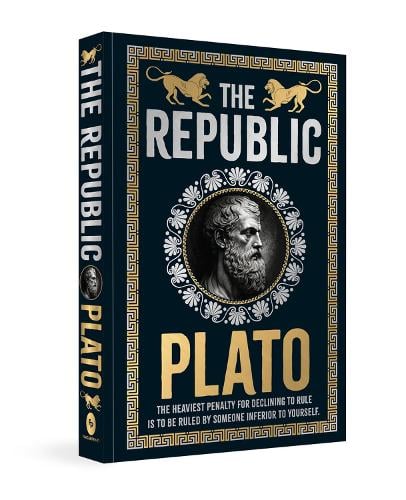Plato’s Republic is a complex and wide-ranging dialogue that defends the just life as the happiest, addressing justice both politically and ethically.
The review emphasizes the breadth of subjects covered in The Republic, from justice and happiness to education, philosophy, and the afterlife, highlighting the difficulty in interpreting the dialogue as a unified argument. It stresses that Plato uses the construction of an ideal city, Kallipolis, as a metaphor to explore justice and its role in human life, showing the inseparability of ethics and politics in his thought. The dialogue’s scope is vast, making it a foundational text for understanding political philosophy and ethics, with Socrates as the main interlocutor throughout.
Quick quotes
The Republic has been Plato’s most famous and widely read dialogue.
Plato’s philosophical concerns in the dialogue are ethical and political.
Socrates and his interlocutors construct a just city in speech, the Kallipolis.
